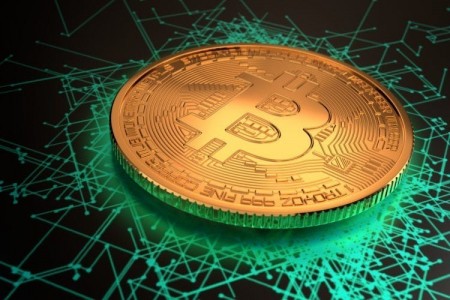
The United States holds a significant position in global commerce. Its dollar continues to be the preferred medium for international settlements. Choices made in Washington affect economies across the globe. Lately, conversations surrounding a national Bitcoin Reserve have begun to gather traction.
Bitcoin (BTC) functions as a distributed substitute for traditional fiat. Nonetheless, its rising acceptance has made it progressively more challenging for governments to overlook its presence.
Some countries already hold the token through seized assets. Meanwhile, others are openly buying it. For the U.S., having the asset in its reserves would be a global signal that crypto is now acceptable. But what would be its effect? Our guide answers that question.
At its core, a strategic Bitcoin (BTC) reserve is all about hedging against economic risks. Countries keep gold in vaults as protection from the severe effects of inflation and other financial shocks.
In the same way, Bitcoin could function as a digital version of Gold. It cannot be controlled like a traditional capital. Thus, it protects against a weakening dollar and the adverse effects of geopolitical crises.
Bitcoin’s volatility is a common argument against it. However, as adoption spreads and liquidity deepens, volatility will gradually decline. In light of this, sovereign wealth funds, institutional investors, and even hedge funds are already buying Bitcoin as a long-term asset. If the U.S were to establish a BTC reserve, the country would be embracing it as a store of value.
Interestingly, this conversation is often significant to unrelated yet equally telling sectors such as the casino non GamStop industry.
New independent casinos not on GamStop sites thrive on independence from traditional regulatory frameworks. Players use them to bypass restrictions, just as Bitcoin is used to bypass banking intermediaries. Therefore, both highlight the desire for autonomy, precisely what a strategic Bitcoin reserve provides.
The U.S. Will gain more than investment income from a Bitcoin reserve. Such a reserve is a strategic tool that provides insurance against de-dollarisation and maintains financial influence in the face of emerging global currency substitutes.
China and Russia are already pushing their currencies to replace the dollar in international trade. The U.S. may leverage Bitcoin to maintain its influence if its efforts gain momentum.
It may seem unusual to compare sovereign Bitcoin reserves with casino non gamstop operators, but the parallel is useful. Both Bitcoin and casino non gamstop platforms operate outside traditional control.
Additionally, the two industries attract individuals who value freedom of choice. Casino non GamStop sites attract players who want fewer restrictions. Similarly, Bitcoin attracts investors who wish to make money free from centralized oversight.
The overlap indicates that individuals today strive to be the sovereigns of their finances, entertainment, and digital identity. The U.S. would adopt a Bitcoin reserve to align with this cultural and economic shift. This move indicates that the country understands where the world is heading.
In addition, Bitcoin is now accepted for gaming and cross-border remittances payments. These industries demand privacy and autonomy. The popularity of casino non GamStop sites demonstrates that people are comfortable with decentralised systems when they feel overly constrained by traditional rules. A MadCasino non-GamStop review illustrates this trend, showing how such platforms thrive outside rigid frameworks. A Bitcoin reserve would reflect the same logic, but on a national scale.
Of course, the U.S. Bitcoin reserve has its own risks. Although Bitcoin’s price fluctuations may calm over time, it remains higher than gold or government bonds. Hence, critics argue that any reserve asset should be ultra-stable, not speculative.
There’s also the regulatory question. Historically, the U.S. has been cautious about strong endorsements of cryptocurrency. Therefore, it may appear contradictory to own large reserves of Bitcoin while simultaneously cracking down on exchanges and wallets.
This tension mirrors the way regulators view casino non gamstop websites. Despite being widely used websites, they face regulatory and compliance issues.
Bitcoin has evolved beyond a simple speculative instrument. It now acts as a reserve asset and a shield against economic instability. Given this shift, the idea of a U.S. Strategic Bitcoin Reserve is no longer a theoretical concept. Instead, it has become a pressing matter with potential autonomy and monetary self-determination implications.
At the same time, its association with freedom resonates with ongoing technological movements. Individuals seek frameworks outside conventional oversight, from decentralised finance to casino Non GamStop platforms.
Should the United States adopt Bitcoin as part of its reserve holdings, it would not simply follow a market trend but actively influence the global balance of independence in a decentralized era.
Also read: Cardano News: Confidence Weakens, While ADA Targets $1 Rebound